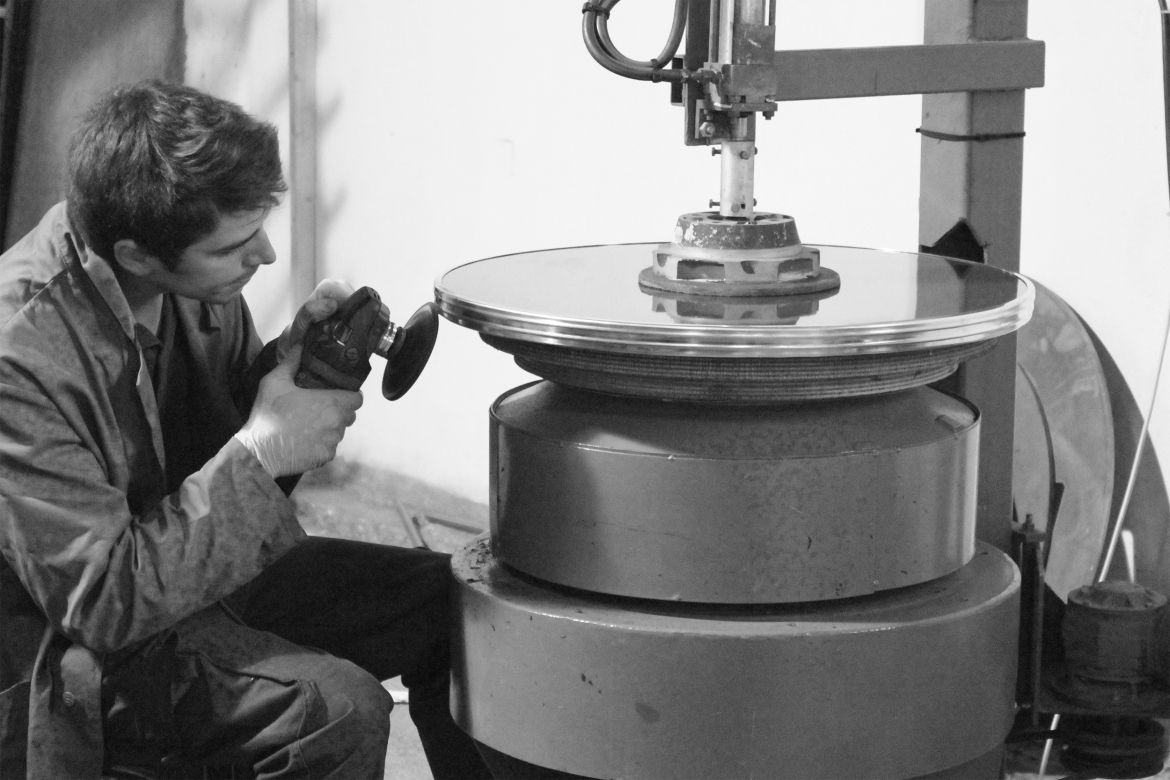This project will examine the job quality of injured workers in Canada. Its overarching goal is to provide a comprehensive and dynamic portrait of working life before and after work injury.
Amid shifting labour market conditions in Canada, including the rise of precarious employment and of low quality jobs, this project will describe the current landscape of job quality in Canada and examine the relationship between job quality and wellbeing.
This project will identify and examine the incentives for adults with disabilities that promote staying at or returning to work.
An IWH qualitative study is looking at feasible and effective approaches for helping employers create safe workplaces for newcomers.
This project will identify and synthesize innovative school-to-work transition programs, practices and interventions for persons with disabilities that emphasize access to high-quality jobs and career success.
As part of the IDEA initiative, IWH is leading an evidence synthesis component to identify needs/challenges, knowledge gaps and existing evidence-informed tools and promising practices related to IDEA's objectives.
This project fills an important knowledge gap by determining the health and return-to-work outcomes of Canadians who acquired COVID-19 at work.
An IWH-led project aims to develop a multidimensional measure of gender, with a focus on the working-age population.
This large, national project includes many research team members, collaborators and partners—all taking an innovative approach to increasing the sustainable employment of people with disabilities in Canada by building disability confidence and accommodation capacity among employers
An IWH systematic review is examining whether men and women within the same occupations have different exposures to workplace-acquired communicable diseases.

